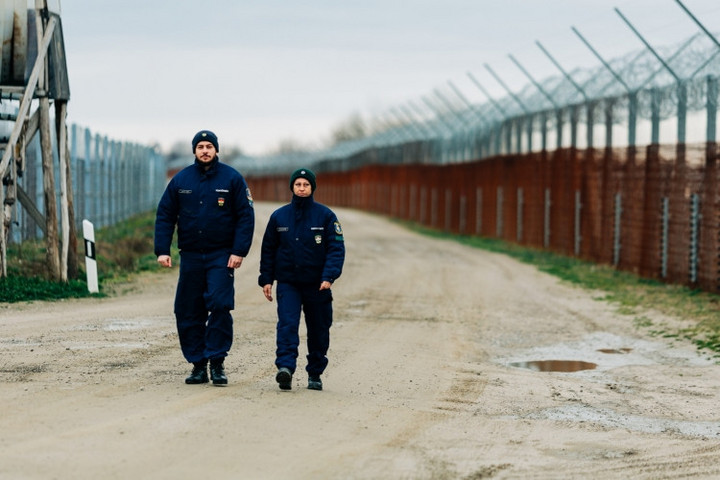Serbia
EU needs Serbia, says the Hungarian government

Fall from power: Bosnian Serb President Dodik stripped of mandate right after Orbán visit

5 traditional dishes that define the Carpathian Basin’s culinary heritage – PHOTOS

FM Szijjártó in talks with Russians and Serbians about new crude pipeline as EU would move to abandon Russian oil

Hungarian tourist bus crashes near Subotica: 8 injured

Strange: Hungary’s defence ministry contradicts itself over tanks handed to Serbia

Ongoing illegal migration pressure at the Hungarian-Serbian border: the reality behind official data

What’s in the plans? Orbán invites controversial Bosnian Serb leader Dodik to Hungary

Orbán and Vucic push for deeper energy ties between Hungary and Serbia

Modernisation of Budapest-Belgrade railway line to be completed by the end of 2025

New crude pipeline to be constructed to Hungary from this neighbouring country

MÁV faces setbacks as 1950s safety system delays Budapest–Belgrade rail line

Non-aligned MP Hadházy suggests that PM Orbán would go to war with the Serbs in Bosnia: he acquired evidence

Hungarian security advisor: ‘We must live with illegal migration’

New military alliances appear in the Balkans — and Hungary has also joined one

Trump administration strongly opposed, yet PM Orbán risked escalation in Balkans because of Dodik?

President Vucic talking about military alliance with Hungary: Bosnian Serb leader Dodik would join

Hungary and Serbia move forward with crude pipeline project, aiming for 2028 completion





 ZH
ZH IT
IT DE
DE HR
HR NL
NL FR
FR JA
JA RO
RO RU
RU ES
ES TR
TR
